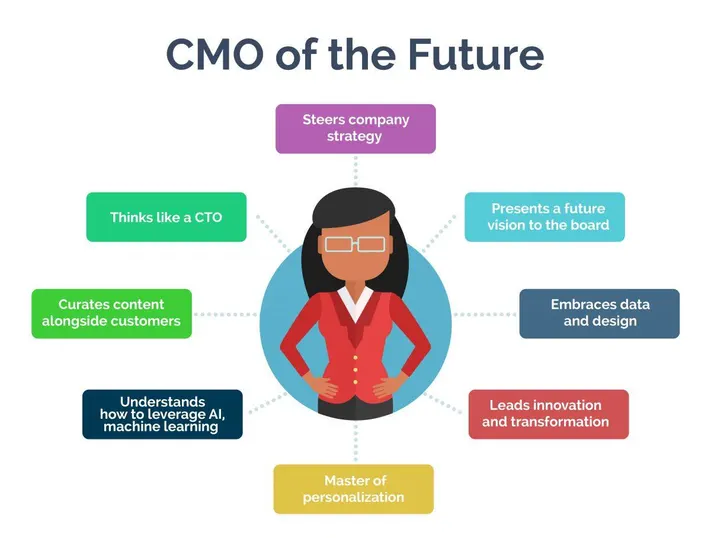Startup Branding and Business Growth
Business Start-Up Set-Up
Setting up a business start-up involves several key steps. First, you'll need to develop a business plan outlining your business goals, target market, and financial projections. Next, choose a business structure (e.g., sole proprietorship, partnership, LLC). Register your business name and obtain any necessary licenses or permits. Set up your business finances by opening a business bank account and establishing an accounting system. Finally, develop a marketing strategy to promote your business and attract customers.

Create LLC
Creating a Limited Liability Company (LLC) involves several steps. First, choose a unique name for your LLC that complies with your state's naming rules. Next, file Articles of Organization with your state's business filing office and pay the required filing fee. You may also need to draft an Operating Agreement, which outlines the ownership and operating procedures of the LLC. Obtain any necessary business licenses and permits, and apply for an Employer Identification Number (EIN) from the IRS if you plan to hire employees or open a business bank account. Once these steps are completed, your LLC will be officially established, providing you with liability protection and operational flexibility.
Set Up for Operations
Efficiently setting up your business operations involves organizing workflows, establishing communication protocols, and implementing project management tools. Define roles and responsibilities for each team member, create standard operating procedures (SOPs) for consistent execution of tasks, and select appropriate software tools for managing projects and customer relationships.


QuickBooks Payroll Systems
QuickBooks Payroll Systems streamline your payroll process by automating employee payments, tax calculations, and compliance requirements. To set up QuickBooks Payroll, start by subscribing to a QuickBooks Payroll plan. Next, enter your business and employee information, including salaries, wages, and tax details. Configure pay schedules and direct deposit options. QuickBooks will handle payroll processing, tax filings, and year-end forms, ensuring accurate and timely payments to your employees. Regularly update your payroll settings to comply with tax laws and regulations.
CMO (Chief Marketing Officer)
Hire D Elevation Agency as your personal CMO to propel your business forward. Let us elevate your brand with expert marketing strategies and drive your success to new heights.

